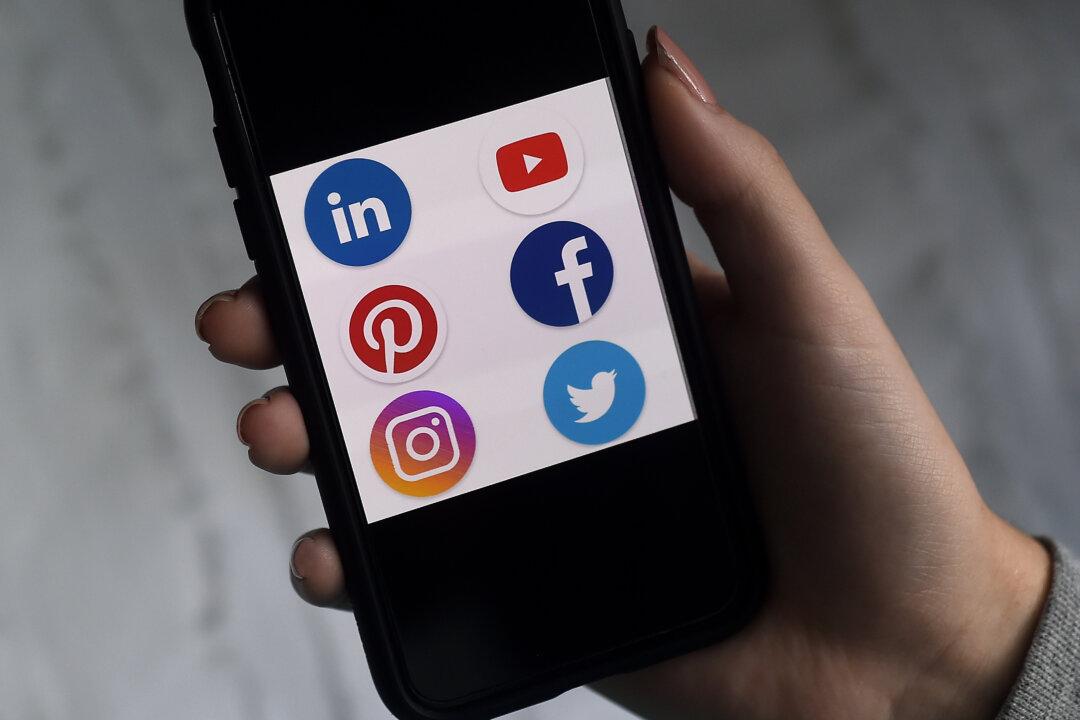 By Dylan Vanas
By Dylan Vanas
Social media can be an extremely valuable platform for a wide variety of uses, but it can also be very dangerous if used incorrectly. I know this first-hand as someone who’s been deeply involved in the social media industry for many years. Throughout the years, I’ve seen the negative impact social media can have on one’s mental well-being.Social media can provide incredible opportunities, but it can be dangerous if abused. Here are five ways social media can be dangerous, and what can be done to avoid the potentially negative effects.





